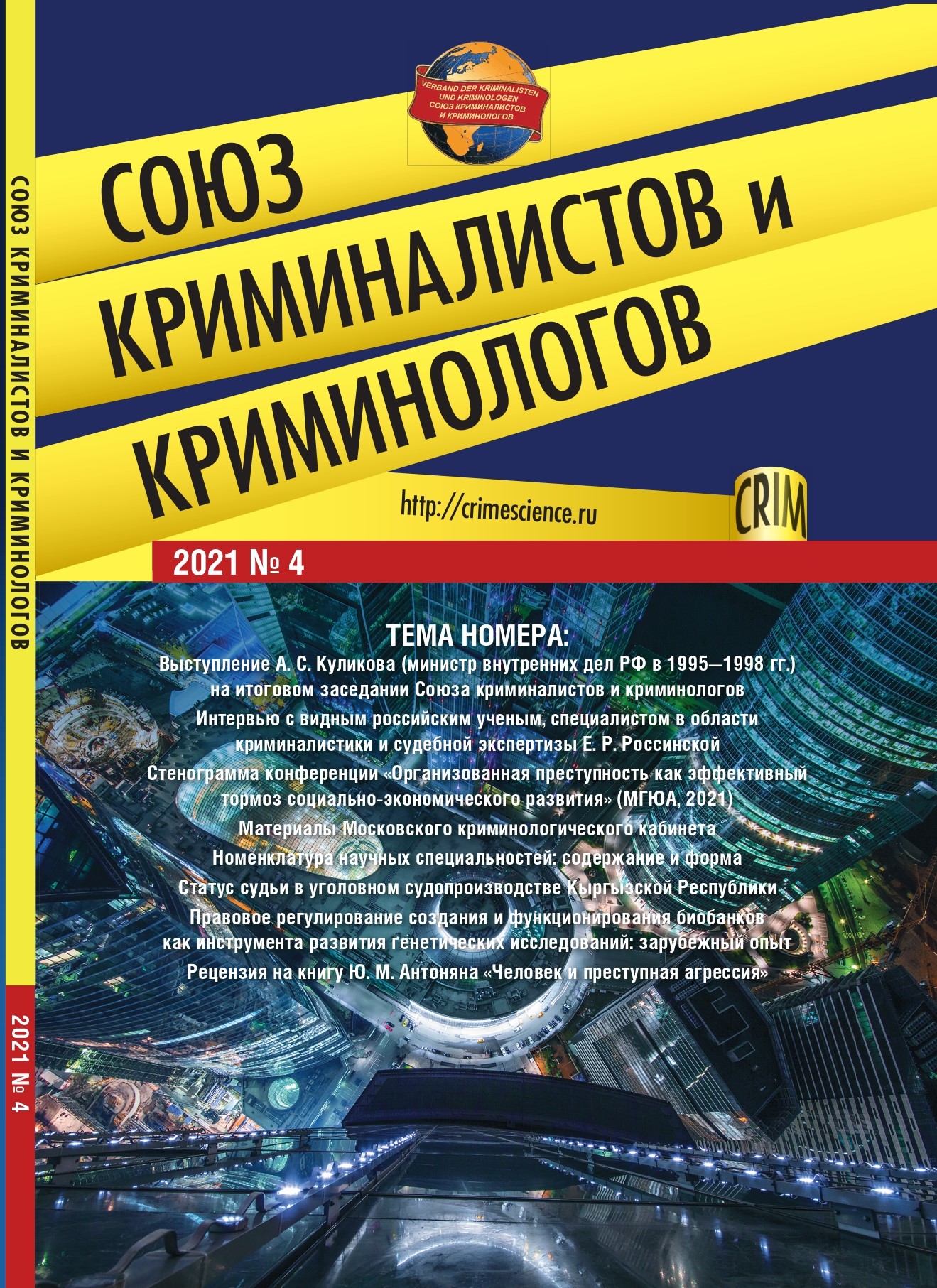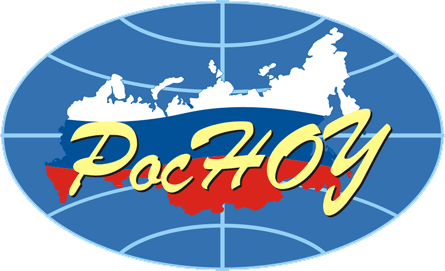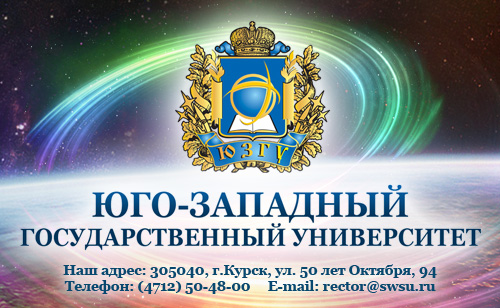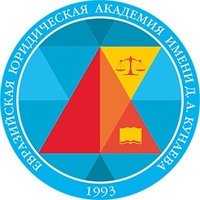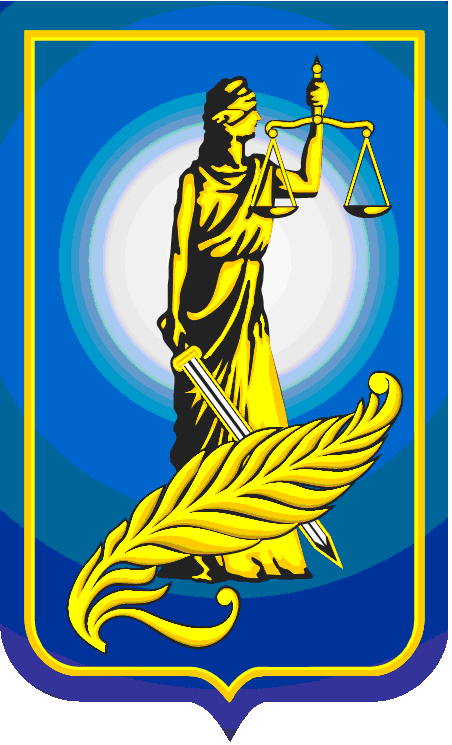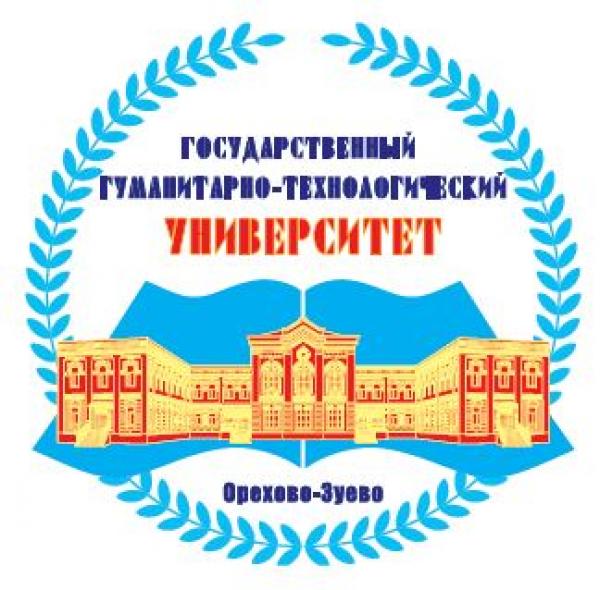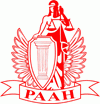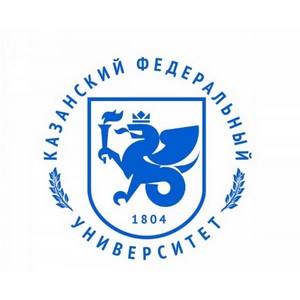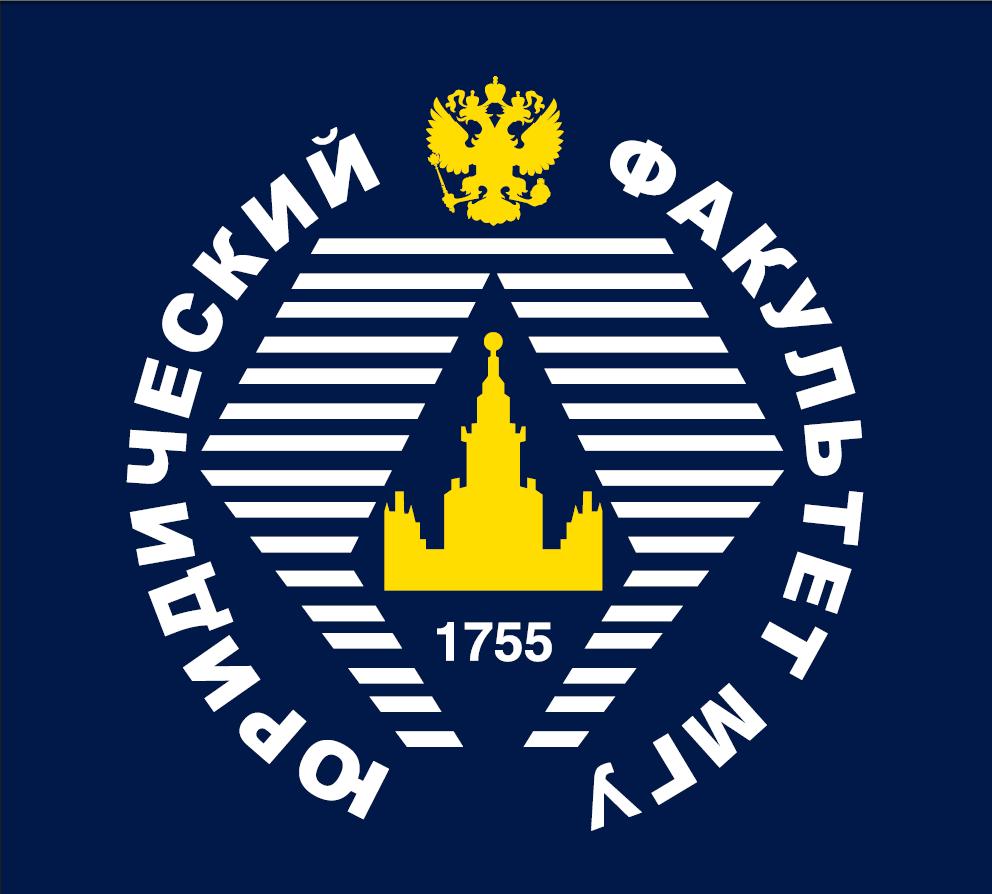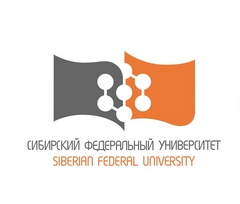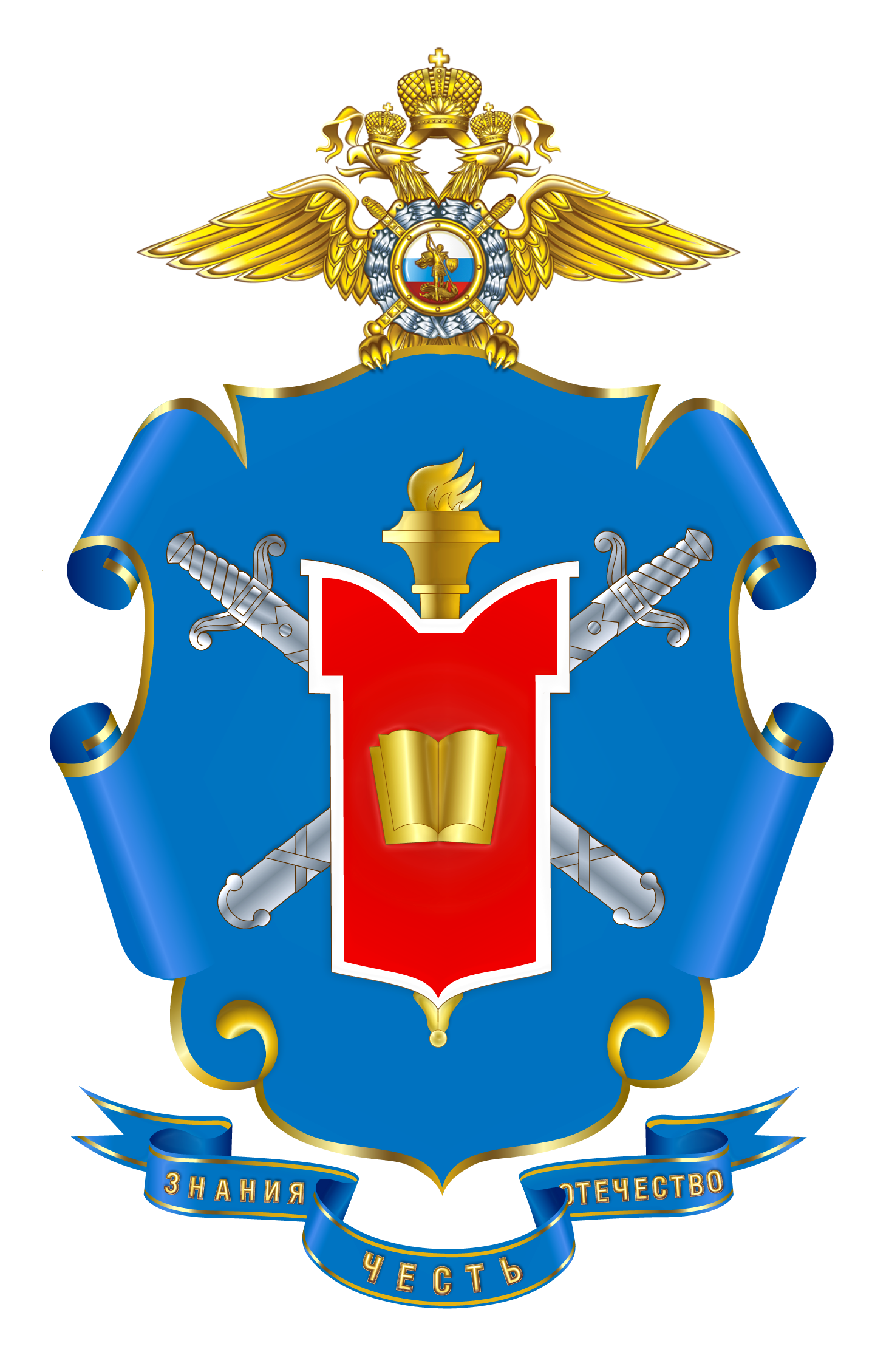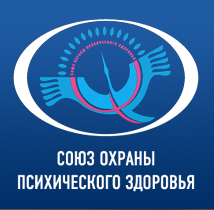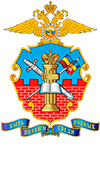Alexander Grigoryevich Zvyagintsev
THE EMPEROR WITH A PARTY CARD
Puyi, the last Emperor of China, suddenly appeared as a witness at the Tokyo War Crimes Trials (1946-1948). He was brought to Tokyo by a Soviet delegation.
Puyi was also an Emperor of Manchukuo, a Japanese puppet state in China ruled by militarists.
The last Emperor of China was not really an ethnic Chinese. His family, the Aisin Gioro ‘Golden Family’, belonged to the Manchu-led Qing Dynasty, which had ruled for more than five hundred years. His real name, Aisin Gioro Puyi, was almost never used or heard anywhere. In China, according to tradition, it was forbidden to pronounce the name of the Emperor given to him at birth. This was punishable by imprisonment. The last emperor of China received a monarch name ‘Xuantong’ that meant ‘Unifying.’ After the overthrow of the monarchy, when the former Emperor became an ordinary citizen, he was simply called ‘Mr Pu.’
Puyi, born in 1906, ascended the throne at the age of two. When he was moved to the Forbidden City in Beijing – the seat of Chinese imperial power – the empire was in debt, poverty and in danger of disintegration. However, the young Pu surely did not care about that. In the Forbidden City, the young Emperor spent his time playing games with the court eunuchs and nurses who surrounded him until he was eight.
After the Xinhai Revolution of 1911, Puyi abdicated. This happened on 12 February 1912. The new government left the Imperial Palace and other privileges to Puyi.
At the age of six, Puyi started studying. The young Manchu was the worst at his native language. However, the young Emperor was fond of English as well as of his teacher, Sir Reginald Fleming Johnston, a diplomat and the last colonial governor of British Weihaiwei. The boy studied English very diligently. His English teacher made him a real Westerner and even gave him a European name – Henry.
In 1917, a military coup took place in the country. As a result, the supporters of the dynasty returned Pu the powers of the Emperor. However, after two weeks, the rebels surrendered their positions and Puyi once again became a king without a kingdom.
In 1924, the People’s Liberation Army again seized power and the 18-year-old Pu was completely stripped of all his titles and privileges. After that, he was ordered to leave the palace within two days. And he did it.
Soviet historians did not favour Puyi. He was called a traitor to the Chinese people, devoid of moral principles, an unscrupulous politician etc. They did not change their minds even by the fact that at the Tokyo Trial, Pu Yi gave evidence necessary to the Soviet side, although Western defenders constantly tried to confuse him. But they couldn’t…
Puyi’s personality was full of contradictions. His fate was unusual, he experienced dizzying ups and downs, his life often hung in the balance, he had to show miracles of adaptability to a variety of circumstances.
In 1924, Puyi was equated with other citizens and ordered to leave the Forbidden City together with his wife. He went to the northeast of China-the territory controlled by the Japanese troops. The Japanese immediately saw great political potential in the deposed monarch.
In 1932, a puppet state of Manchukuo was created. According to the Japanese plan, the last emperor of China, Puyi, became its nominal ruler.
However, he had no real power in Manchukuo either. Everything was decided by the Japanese ‘advisors.’ At the same time, Puyi was friendly with the Japanese Emperor Hirohito, even visited him twice in Japan.
In August 1945, the Red Army pushed back Japanese troops from its eastern borders and entered Manchukuo. The Japanese planned that the Emperor, who had already signed the act of abdication, would be urgently sent to Tokyo. He was in no hurry to evacuate and waited for the arrival of the Red Army… Puyi was arrested by the Soviet side. Puyi was terribly afraid that he would be handed over to Communist China for trial and there he would be shot as a traitor. He did everything possible to stay in the USSR and hoped to move to the West or stay in the USSR in the future.
At this time, the International Military Tribunal in Tokyo was already being prepared, and the idea arose to prepare Pu Yi to appear at the sessions of the Tribunal as one of the main accusers of Japanese imperialism and militarism. He agreed.
In addition, the former Emperor managed not to succumb to provocations and prove to the Americans that, while in the USSR, he was not subjected to any pressure and gave evidence sincerely. He fully justified the hopes of the Soviet Union.
In an effort to ingratiate himself with the Soviet authorities and avoid extradition to China, Puyi even wanted to marry a Russian woman. He sought to transfer some of his jewelry to the Soviet Union, ‘in order to use them in the post-war fund for the restoration and development of the national economy of the USSR.’
The Emperor, like other Chinese prisoners in the USSR, was given a small plot of land at the prison. Here, he was engaged in agriculture.
However, when the People’s Republic of China was proclaimed, the Communist leadership, which called itself the ‘younger brother’ of the USSR, again raised the issue of the extradition of Puyi. On 14 July 1950, the government of the USSR adopted a resolution on the transfer of the former Emperor Puyi to the Chinese authorities.
Already on 3 August, the former Emperor Puyi and his entourage, ministers, generals and officials of the former government of Manchukuo, in the number of 58 people as well as and their personal valuables, were handed over to the representative of the Chinese Foreign Ministry.
The former Emperor was extremely afraid of returning to Communist China.
His fears were not in vain. In China, the former Emperor was tried as a war criminal and sent to prison. He became an ordinary prisoner without any privileges. After nine years in prison, Puyi was granted amnesty for good behaviour and ‘ideological re-education.’
The ex-Emperor spent the last years of his life in Beijing – he got a job in a Botanical Garden, where he was engaged in growing flowers. He was polite and even found another life partner.
The role of an ordinary Chinese citizen did not really upset Pu Yi. He was working on his autobiography titled ‘From Emperor to Citizen.’ Mao Zedong liked the book. It was published in China and sold widely. In 1961, Puyi even joined the Communist Party and became an employee of the State Archives. Then he joined the Political Advisory Council of the People’s Republic of China. It was a whole new twist in his extraordinary life.
When he passed away, the PRC took care of all the funeral expenses, thereby paying tribute to the last Emperor of China. The body was cremated.
And I would just like to state that he was an extraordinary personality – both in its best and not the best manifestations.
Translated by Elizaveta O. Ovchinnikova





